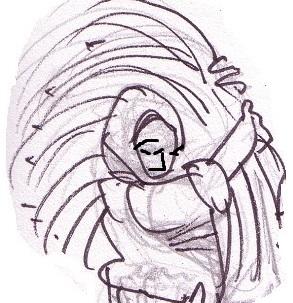
“Whoever sows sparingly will also reap sparingly” (2 Cor 9:6).
In today’s first reading, Paul appeals to the Gentile community in Corinth to give generously to the struggling community of believers in Jerusalem. It will be a private triumph for him to return to the mother church that had initially questioned his ministry to Gentiles with a sign of their gratitude and love. God’s generosity inspires us to be generous, to sow abundantly to reap an abundant harvest.
For Jesus the image of the sower and the reaper was one of the laws of life. The measure we give out is what we get back. Self-surrender yields a hundredfold return. The tighter we withhold our gifts, the less we have. Those who save their lives will lose them, while those who give themselves away in the service of others will see their gift multiplied within the community.
It is a seemingly simple metaphor, but the truth of it is known only in the moment we let go of our investment. There is an inherent “dark interval” between the sowing and the reaping when there is also risk. What if there is no return, no harvest? The gap between the giving and the result may be a generation away - and in the end my sacrifice may disappear into the nameless buried foundation supporting some future benefit. How many undeclared saints belong to that anonymous group of benefactors on whose shoulders we now stand?
Each day we are invited to go out like sowers, and our small gifts are dispersed into the wind and onto the roads and fields where others tread and labor. Who can predict the full influence of our gifts, whether they concern climate change, racism, gun safety, or just ordinary civility in a stressed-out society? God promises that there will be a harvest; and whether we live to see it or not, we fulfill the law of life by doing our part.







